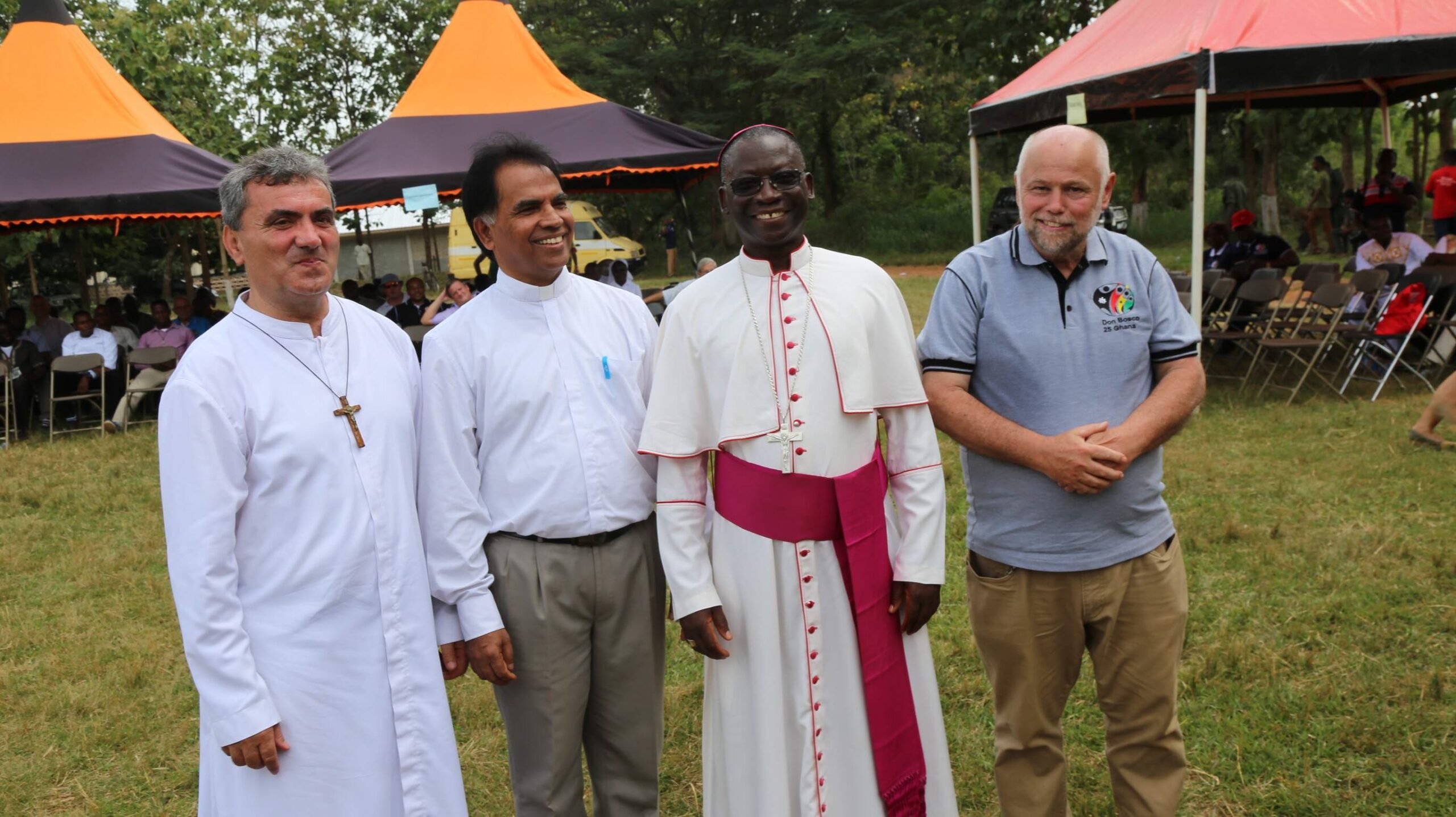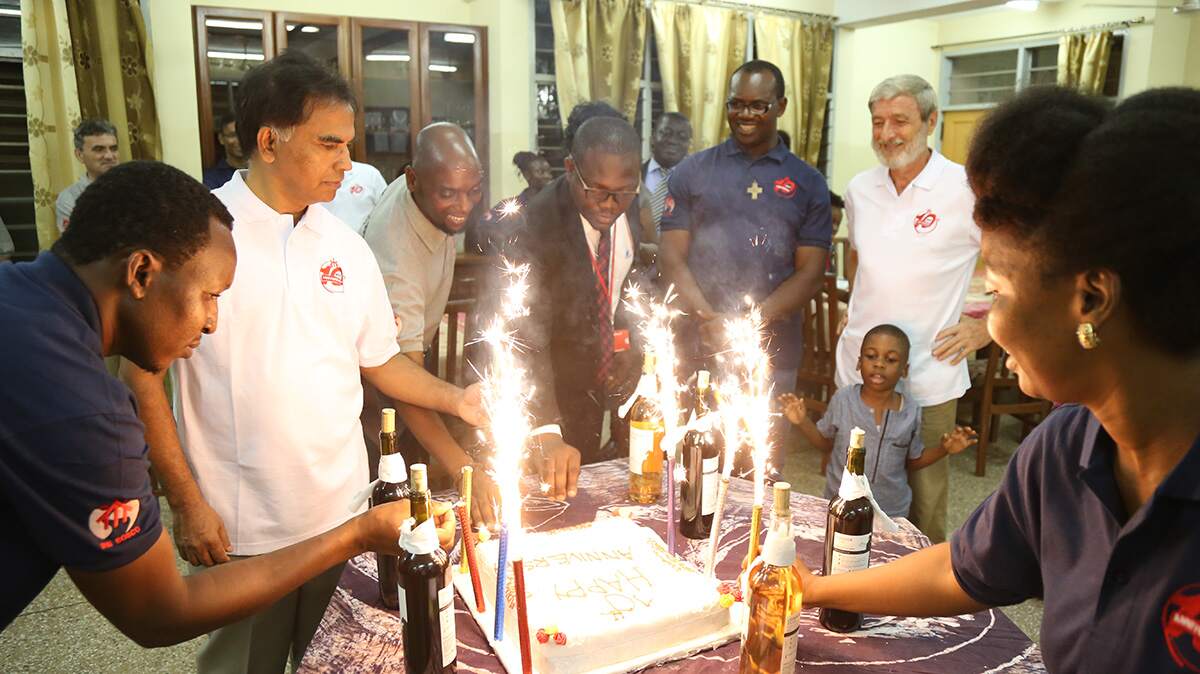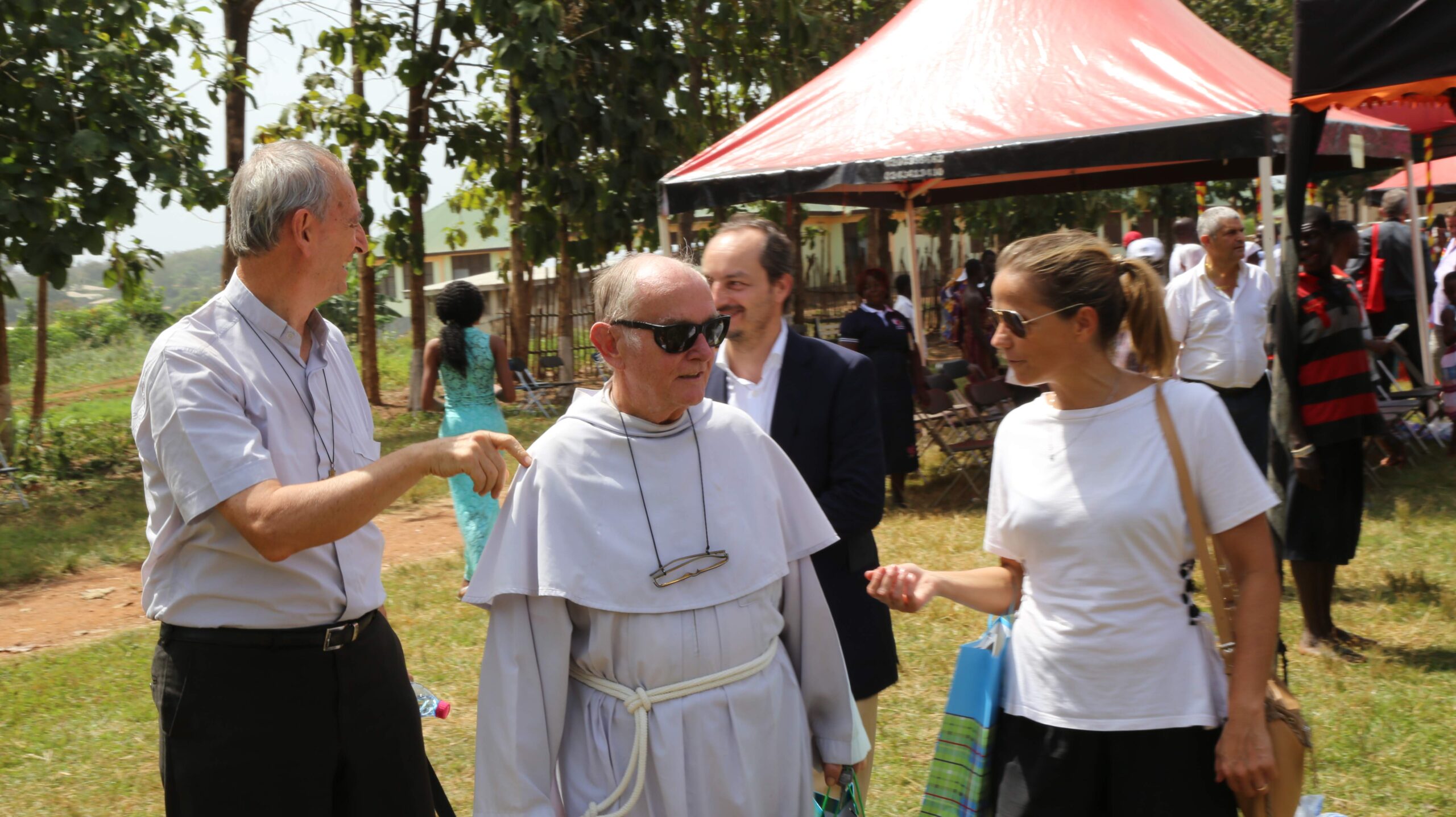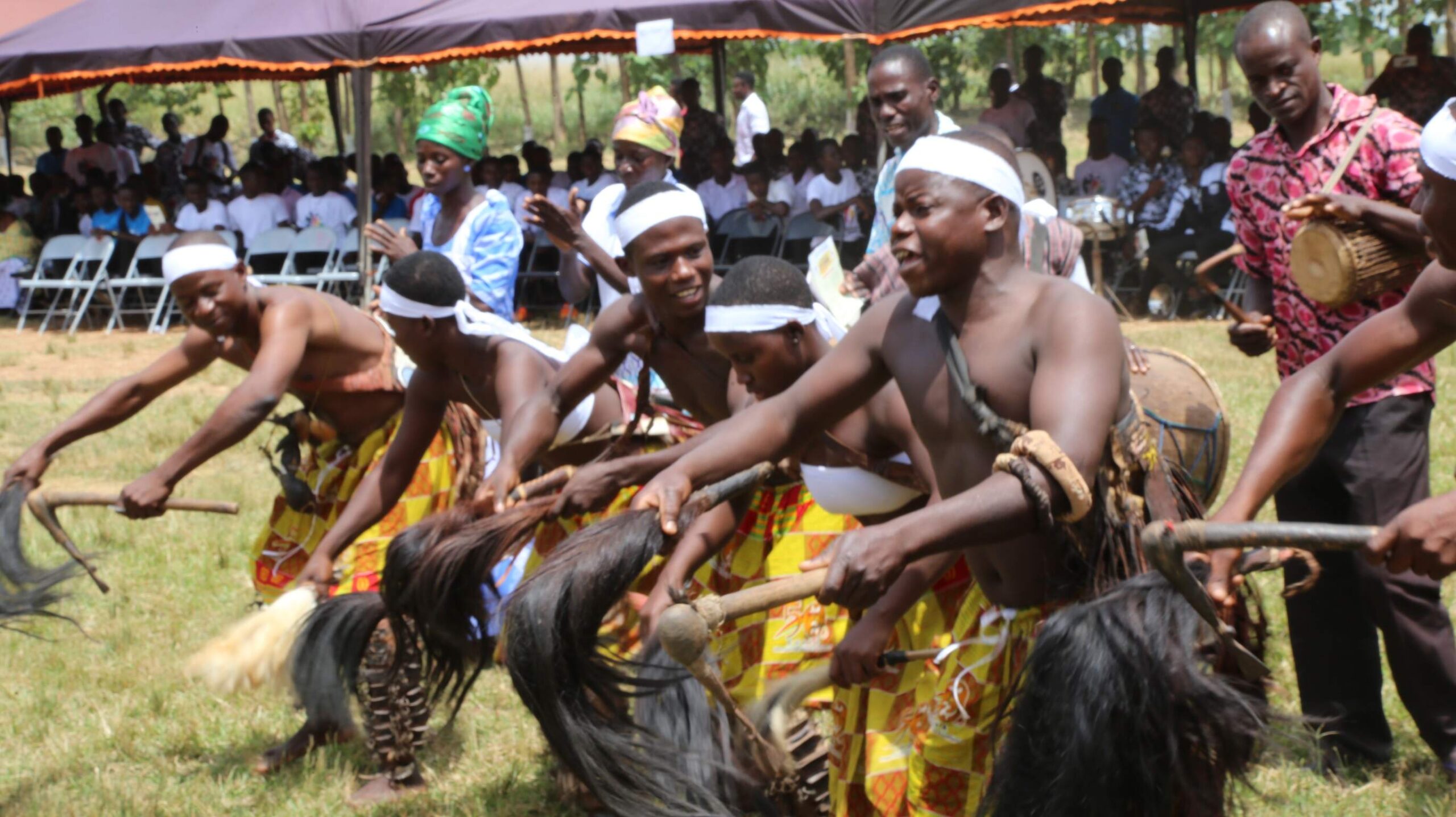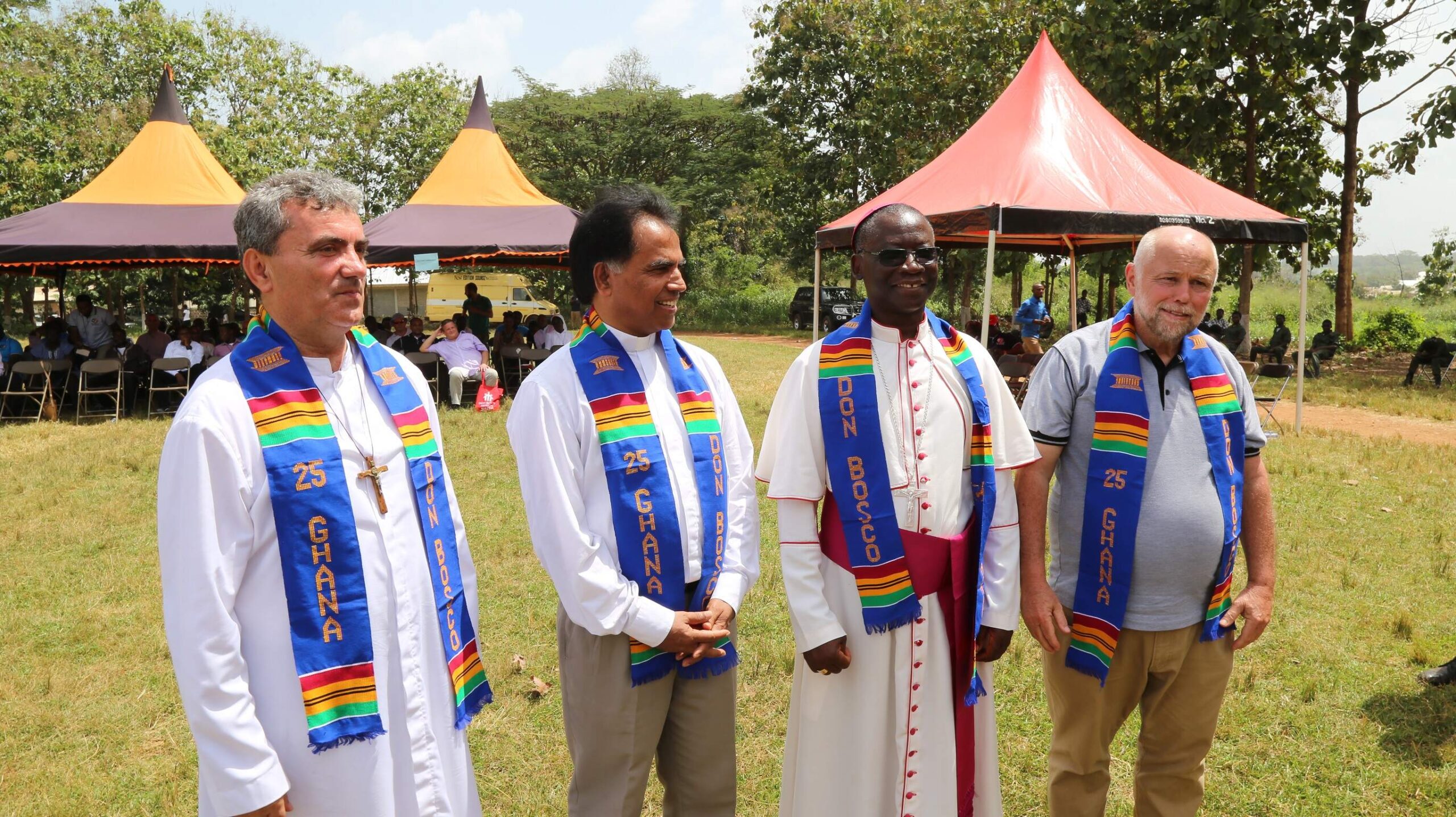Our Story
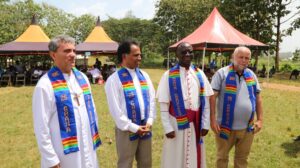 The Salesian charism, owes its inspiration to St. John Bosco (affectionately called Don Bosco). For over 40 years, he dedicated his life to meeting the needs of the street children of the city of Turin, Italy.
The Salesian charism, owes its inspiration to St. John Bosco (affectionately called Don Bosco). For over 40 years, he dedicated his life to meeting the needs of the street children of the city of Turin, Italy.
During the nineteenth century, Turin was in the Centre of a politically inspired revolution; there were social and economic uncertainties as the area moved towards industrialization; the Church faced many external challenges, both religious and social; and there was a growing poverty among the lower class. Don Bosco himself experienced poverty as a child and understood the role education plays in helping a person out of poverty.
His father died when he was two years old. He grew up at home with his mother now popularly known as Mama Margaret. Having been born into a traditionally Catholic family, this faith and its practices would always be the strength in his life. At the age of nine he experienced a dream during which he received his calling in life, namely that of being a priest who would work with the poorest young people.
Don Bosco System of Education
- An educative relationship built on REASON
- An encounter with the young that invites them to RELIGIOUS EXPERIENCE
- A relational approach that tackles issues with LOVING KINDNESS.
In Don Bosco‘s own words, these have been handed down to the Salesians as the three pillars of Reason, Religion and Loving Kindness. In the Christian and Salesian tradition, every person is seen as a child of God and is to be treated with respect and dignity.
Don Bosco was convinced that there is a depth in every person that deserves exploration, education and celebration. This could only happen when there is a proper and caring relationship between the young person and the adult accompanying him or her.
He always tried to live by his faith, and for him this meant that no one in need should ever be turned away from his Centre’s.

